
What Is Sedation Dentistry?
Feeling anxious about your upcoming dental appointment? You're not alone. Dental anxiety is a common issue that prevents many from receiving the oral care they need. But what if we told you that there's a way to alleviate your dental fears and ensure a comfortable, anxiety-free dental experience? Welcome to the world of sedation dentistry.
Understanding Sedation Dentistry
Sedation dentistry involves the use of medication to help patients relax during dental procedures. It's sometimes referred to as "sleep dentistry," although that's not entirely accurate, as patients are usually awake, except for those under general anesthesia. There are different levels of sedation used in dentistry:
- Minimal sedation: You are awake but relaxed.
- Moderate sedation: You may not remember much of the procedure.
- Deep sedation: You are on the edge of consciousness but can still be awakened.
- General anesthesia: You are completely unconscious.
The type of sedation used depends on the severity of the patient's anxiety and the nature of the dental procedure.
Types of Sedation Used in Dentistry
There are several methods of administering sedation in dentistry:
- Inhaled minimal sedation: This involves breathing nitrous oxide, also known as "laughing gas," combined with oxygen through a mask placed over your nose. The gas helps you relax, and its effects wear off quickly.
- Oral sedation: This can range from minimal to moderate. For minimal sedation, you take a pill that makes you drowsy but still awake. For moderate sedation, you may take a larger dose to make you groggy enough to fall asleep during the procedure.
- IV moderate sedation: This involves receiving the sedative drug through a vein, so it works more quickly. The dentist can continually adjust the level of sedation.
- Deep sedation and general anesthesia: These medications will make you almost unconscious or totally unconscious during the procedure. General anesthesia is only provided by a certified anesthesiologist.
Benefits of Sedation Dentistry
Sedation dentistry offers several benefits:
- Anxiety relief: Sedation can help patients with dental phobia to have a stress-free, comfortable dental experience.
- Pain reduction: Sedation can alleviate discomfort during dental procedures.
- Time saving: Dentists can often perform more procedures in a single visit when the patient is sedated, reducing the number of appointments needed.
However, sedation dentistry is not suitable for everyone. It's essential to discuss your medical history, medications, and any concerns with your dentist before opting for sedation.
Risks and Considerations
While sedation dentistry is generally safe, there are some risks and considerations to keep in mind:
- Medical history: Certain medical conditions or medications may interact with sedatives. Always share your complete medical history with your dentist.
- Aftercare: After sedation, you may feel groggy or dizzy. It's recommended to have someone accompany you to your appointment to drive you home.
- Cost and insurance: Not all insurance plans cover sedation dentistry. Check with your insurance provider to understand your coverage.
Despite these considerations, for many people, the benefits of sedation dentistry far outweigh the risks.
Experience Comfortable Dentistry in Charlottesville, VA
At Rivanna Dental Care, we understand that a trip to the dentist can be stressful for some. That's why we're committed to providing comfortable, patient-focused care. Dr. Tommy Duong and his experienced team offer sedation options to help make your dental experience as relaxing as possible. Don't let dental anxiety keep you from getting the oral care you need. Call us today at (434) 974-6492 to discuss your sedation dentistry options and schedule an appointment with your dentist in Charlottesville.


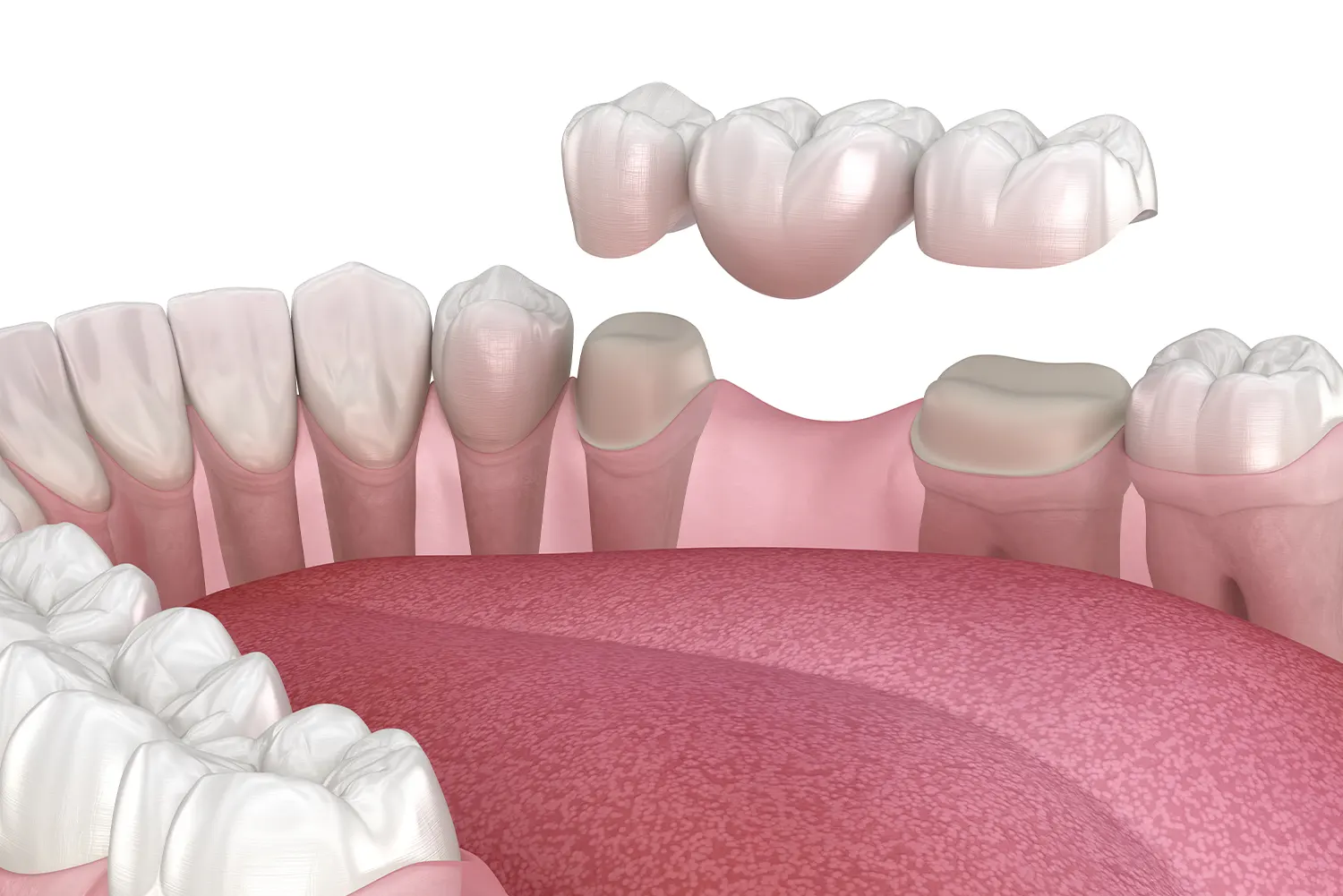
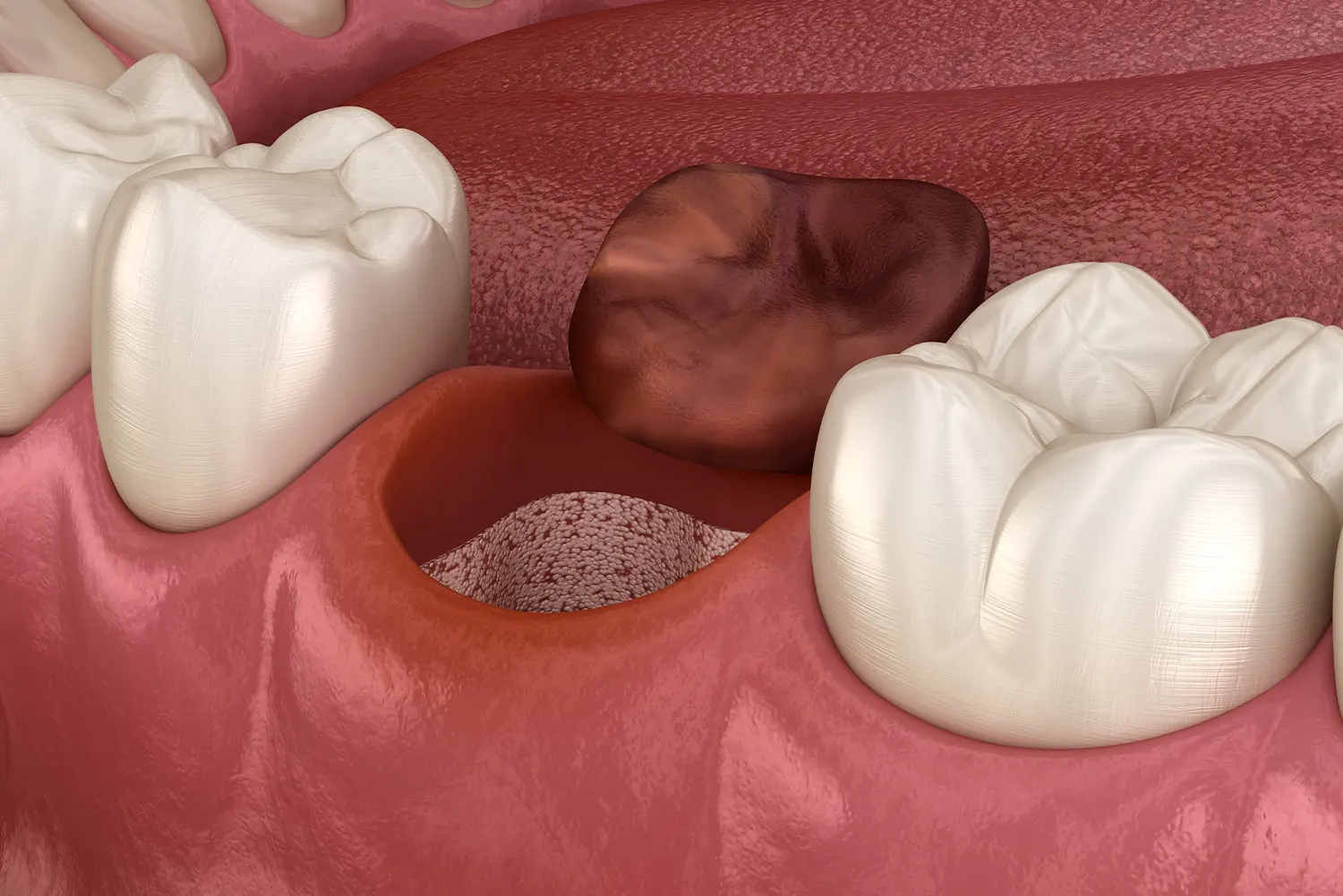


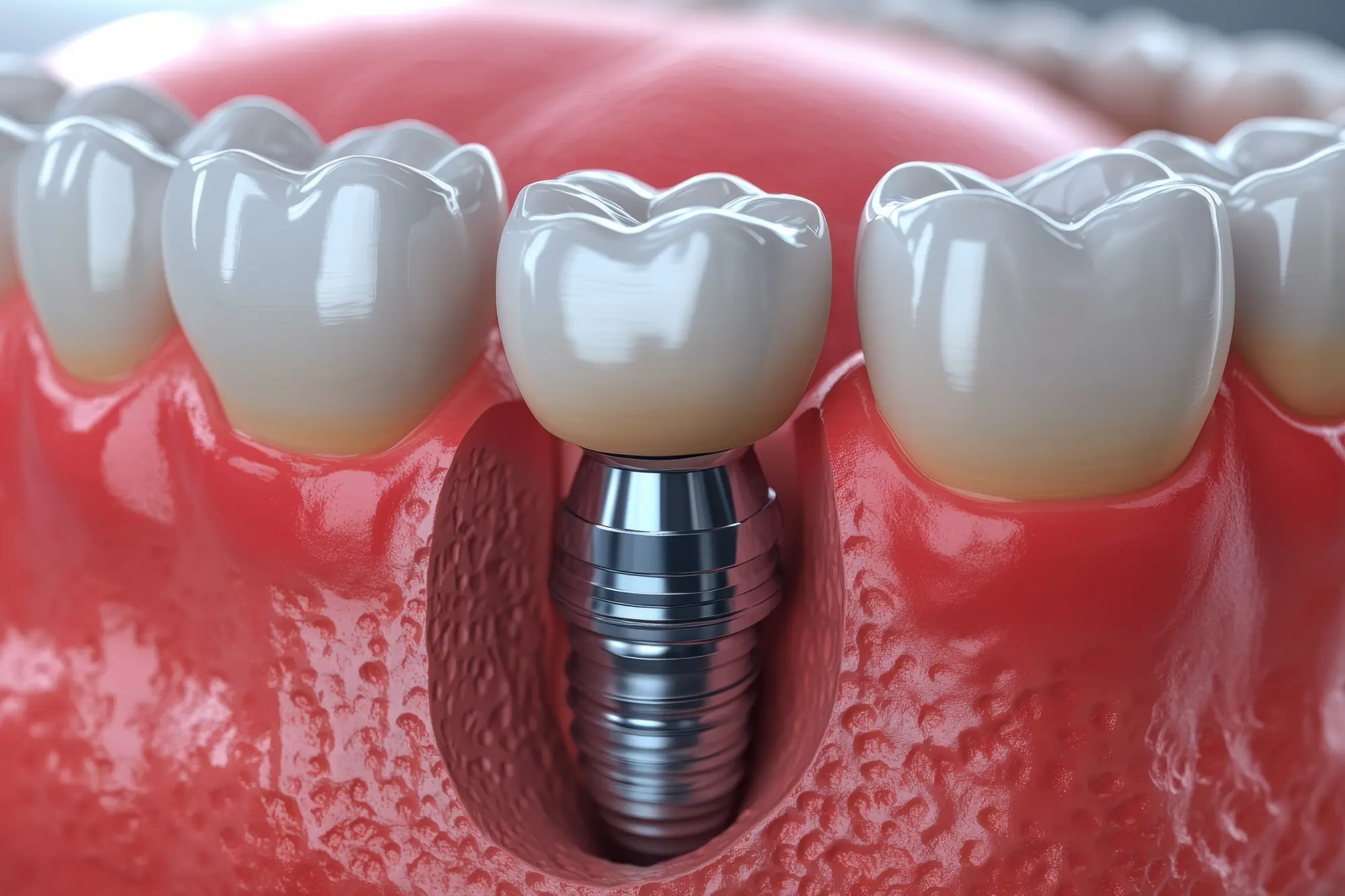
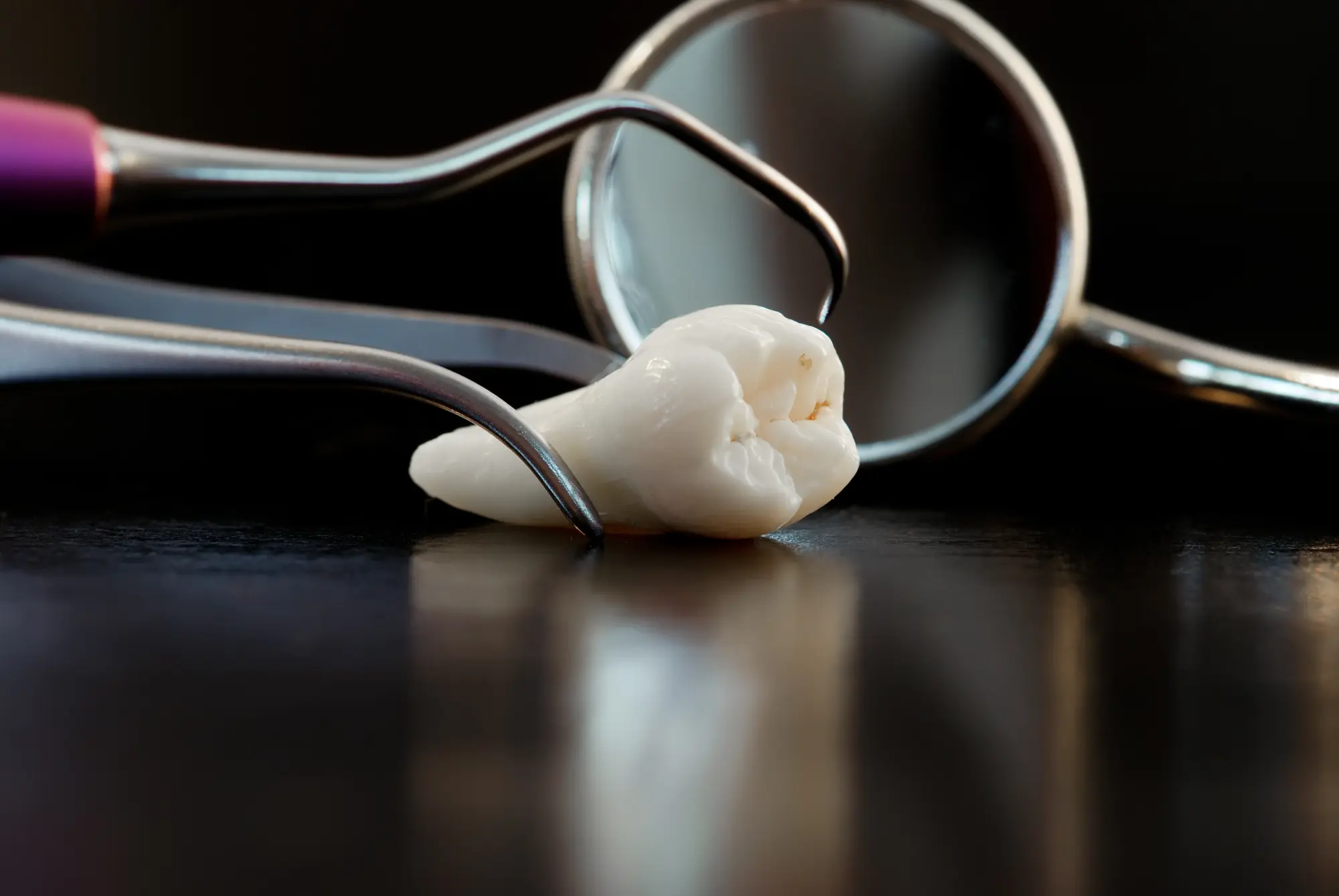
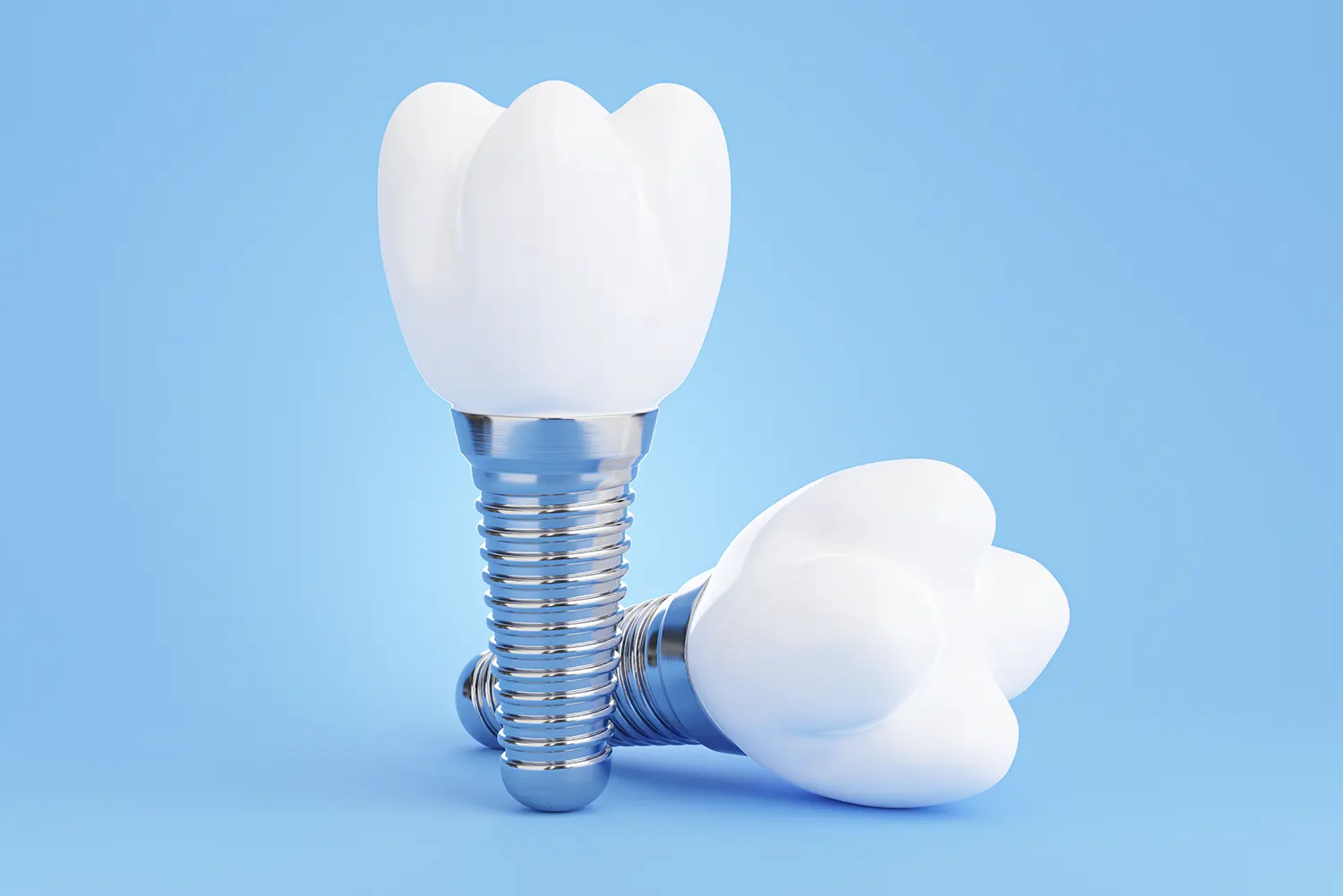










.jpeg)
